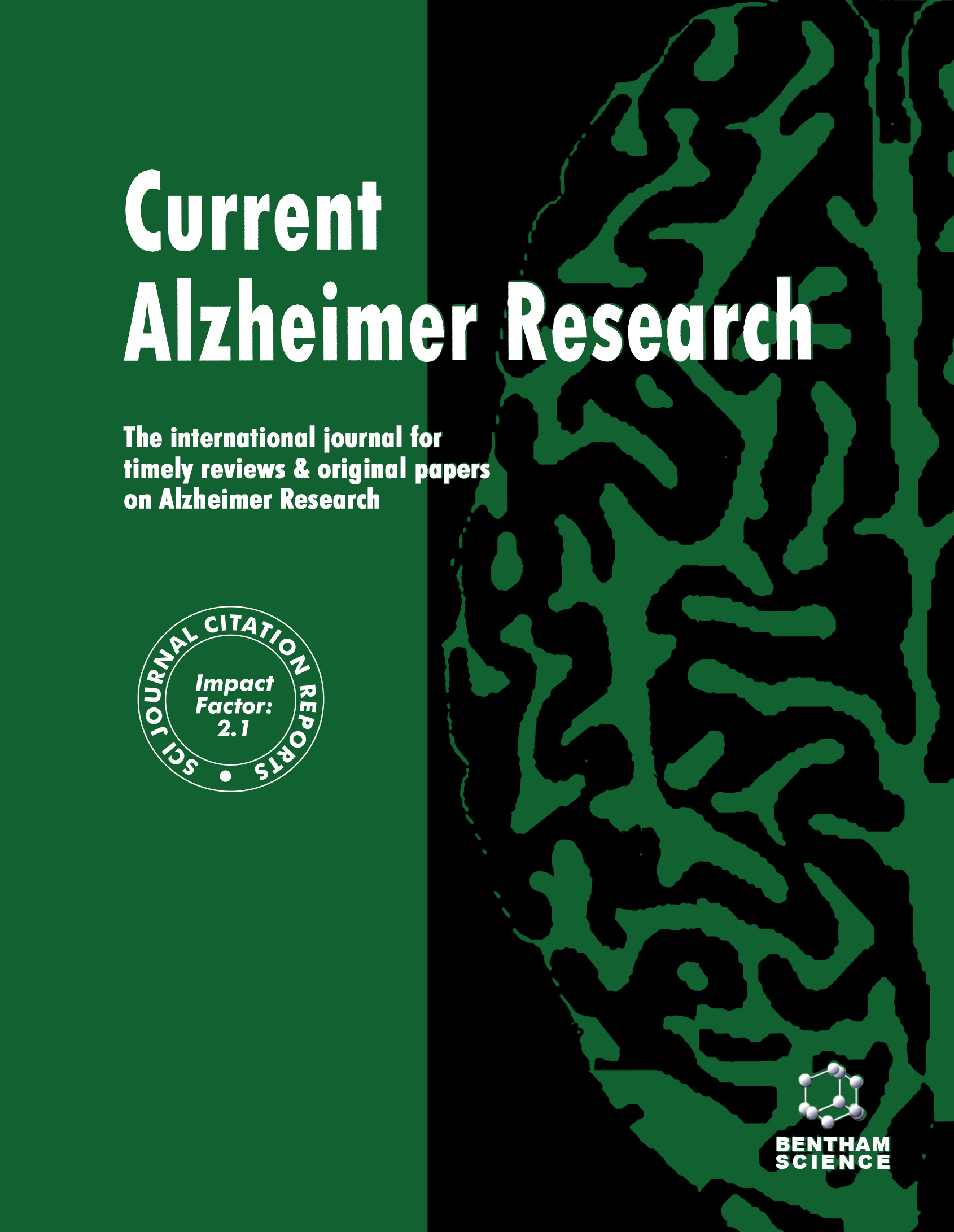
Full text loading...
Artificial intelligence (AI) refers to a system that can simulate and execute the processes of human thinking and learning, and make informed decisions. Fueled by the development of AI, the quality and effectiveness of medical work have gained momentum. AI technology plays an increasingly important role in healthcare, exhibiting substantial potential in clinical practice and decision-making processes. In Alzheimer’s disease (AD), where early diagnosis and treatment remain challenging due to clinical heterogeneity and insidious progression, AI could offer excellent solutions. AI models can integrate multi-modal data to identify pre-symptomatic biomarkers and stratify high-risk cohorts, improving diagnostic accuracy, assisting with personalizing treatment and care. Furthermore, AI can accelerate drug discovery and development through drug-target identification and predictive modeling of compound efficacy. However, data quality, supervision, transparency, privacy, and ethical concerns need to be addressed. By identifying and retrieving studies for the systematic review, this article provides a comprehensive overview of current progress and related AI applications in AD.

Article metrics loading...

Full text loading...
References


Data & Media loading...

